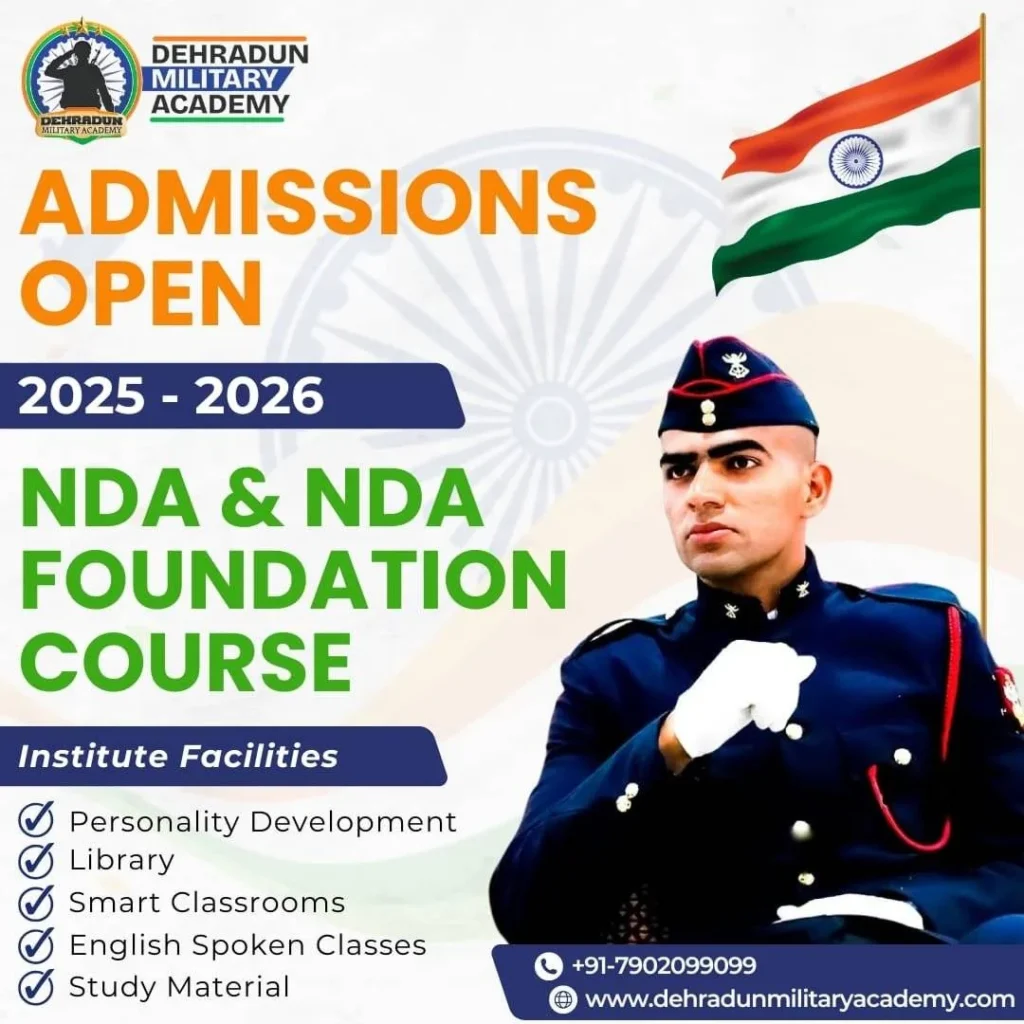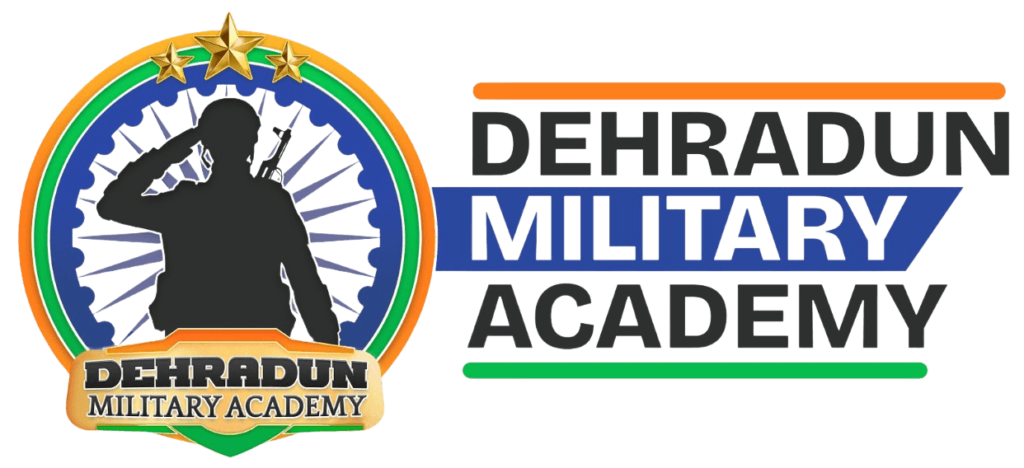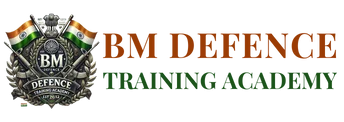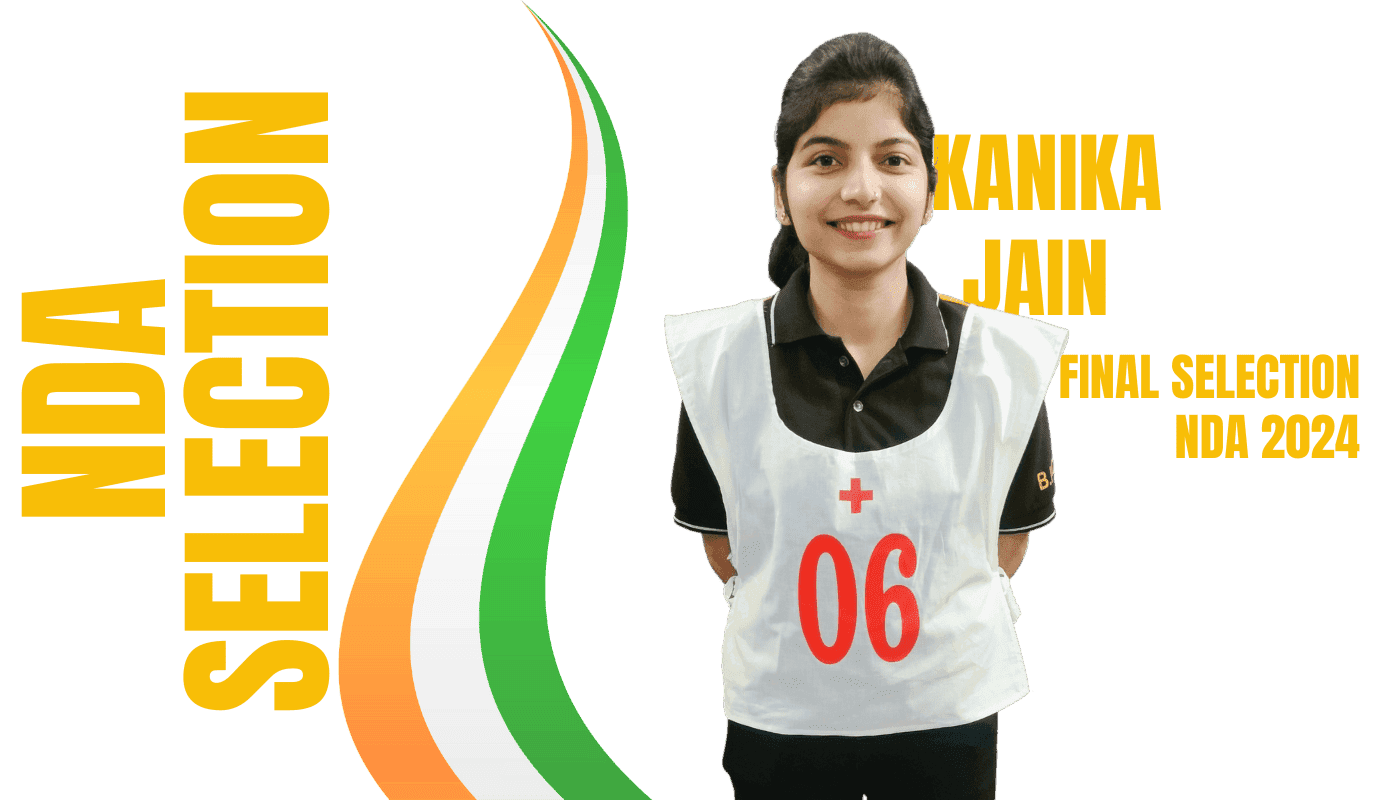In a nation rich with tales of courage and sacrifice, the Gallantry Awards of India stand as a beacon of honor, recognizing the extraordinary bravery of individuals who risk everything for the greater good. These prestigious accolades, bestowed by the Government of India, celebrate acts of valor performed by soldiers, police officers, paramilitary personnel, and even civilians. Whether in the heat of battle or the chaos of a peacetime crisis, these awards immortalize the spirit of heroism that defines India’s legacy. Let’s dive into the world of the Gallantry Awards of India, exploring their history, significance, and the awe-inspiring stories behind them.
A Legacy Rooted in Courage
The tradition of the Gallantry Awards of India began shortly after independence in 1947, with the establishment of a formal system to honor bravery. Instituted on January 26, 1950—India’s first Republic Day—these awards were designed to acknowledge the sacrifices of those who protect the nation’s sovereignty and its people. Over the decades, they have evolved into a symbol of national pride, reflecting India’s gratitude toward its heroes. From the battlefields of Kargil to counter-terrorism operations in urban streets, the Gallantry Awards of India shine a spotlight on valor in its purest form.
Two Realms of Bravery: Wartime and Peacetime
The Gallantry Awards of India are uniquely categorized into wartime and peacetime honors, each with its own hierarchy of distinction. This dual structure ensures that courage, whether displayed against an enemy or in the face of domestic peril, is duly recognized.
Wartime Gallantry Awards
- Param Vir Chakra (PVC)
The crown jewel of the Gallantry Awards of India, the Param Vir Chakra is the highest military decoration, awarded for “most conspicuous bravery in the presence of the enemy.” Crafted in bronze with a lotus motif, this medal is a rare honor—only 21 individuals have received it since its inception. Most recipients, like Captain Vikram Batra of the 1999 Kargil War, earned it posthumously, their names etched in history for acts like storming enemy bunkers under relentless fire. - Maha Vir Chakra (MVC)
The second tier of wartime recognition, the Maha Vir Chakra honors acts of exceptional gallantry. Recipients, such as Major Somnath Sharma—the first PVC awardee in 1947—demonstrate leadership and bravery that turn the tide in battle. This silver medal, adorned with a five-pointed star, is a testament to courage under pressure. - Vir Chakra (VC)
Rounding out the wartime trio, the Vir Chakra celebrates daring and bravery in combat. Awarded to soldiers like Naik Jadunath Singh, who single-handedly held off enemy advances in 1948, this honor highlights individual heroics that inspire entire units.
Peacetime Gallantry Awards
- Ashoka Chakra
The pinnacle of peacetime bravery, the Ashoka Chakra is India’s highest non-combat gallantry award. Conferred for acts of valor away from the battlefield—think counter-terrorism or disaster rescues—this gold-plated medal has been awarded to heroes like Major Sandeep Unnikrishnan, who laid down his life during the 2008 Mumbai attacks. - Kirti Chakra
The second-highest peacetime honor, the Kirti Chakra recognizes significant acts of courage in non-combat scenarios. From police officers thwarting armed militants to civilians saving lives in perilous conditions, this award reflects the diverse faces of bravery. - Shaurya Chakra
The third in the peacetime category, the Shaurya Chakra honors valor in operations like anti-insurgency missions or heroic rescues. It’s a bronze medal that carries stories of grit, like that of Havildar Hangpan Dada, who neutralized terrorists in 2016 before succumbing to his injuries.
Who Can Earn These Honors?
The Gallantry Awards of India are not limited to the armed forces. Personnel from the Indian Army, Navy, Air Force, police, paramilitary units, and even civilians are eligible. This inclusivity underscores the idea that bravery knows no uniform or rank. Whether it’s a soldier defending the Line of Control or a civilian rescuing flood victims, the awards celebrate heroism in all its forms. Notably, many recipients receive these honors posthumously, a somber reminder of the ultimate price paid for courage.
The Ceremony and Symbolism
The Gallantry Awards of India are presented with great pomp and reverence, typically by the President of India during Republic Day (January 26) or Independence Day (August 15) celebrations. The ceremonies, held at Rashtrapati Bhavan, are steeped in tradition, with recipients or their families stepping forward to receive medals, citations, and national applause. Each award’s design—featuring elements like the Ashoka Chakra wheel or lotus petals—carries deep cultural significance, symbolizing purity, strength, and sacrifice.
Stories That Inspire
Behind every Gallantry Award of India lies a story that stirs the soul. Take Captain Manoj Kumar Pandey, a Param Vir Chakra recipient who, during the Kargil War, led his troops to capture enemy positions despite fatal injuries, declaring, “Na chhodunga” (I won’t spare them). Or consider Neerja Bhanot, the youngest Ashoka Chakra awardee, a flight attendant who saved passengers during a 1986 hijacking, sacrificing her life at age 23. These tales of valor remind us that heroes walk among us, often in the most unexpected moments.
Why These Awards Matter
The Gallantry Awards of India do more than honor individuals—they weave a narrative of resilience into the nation’s fabric. They inspire young generations to value courage, duty, and patriotism. For families of recipients, especially those who receive posthumous awards, they offer pride amid grief, ensuring their loved ones’ sacrifices are never forgotten. In a world often clouded by conflict, these awards shine as a reminder of humanity’s capacity for selflessness.
List of heroes who have received the Gallantry Awards of India
Param Vir Chakra (PVC) Recipients
- Major Somnath Sharma
- Naik Jadunath Singh
- Second Lieutenant Rama Raghoba Rane
- Company Havildar Major Piru Singh
- Lance Naik Karam Singh
- Captain Gurbachan Singh Salaria
- Major Dhan Singh Thapa
- Subedar Joginder Singh
- Major Shaitan Singh
- Company Quartermaster Havildar Abdul Hamid
- Lieutenant Colonel Ardeshir Burzorji Tarapore
- Lance Naik Albert Ekka
- Flying Officer Nirmal Jit Singh Sekhon
- Major Hoshiar Singh
- Second Lieutenant Arun Khetarpal
- Naib Subedar Bana Singh
- Major Ramaswamy Parameswaran
- Captain Manoj Kumar Pandey
- Grenadier Yogendra Singh Yadav
- Rifleman Sanjay Kumar
- Captain Vikram Batra
Maha Vir Chakra (MVC) Recipients(Selected Notable Names)
- Brigadier Rajinder Singh
- Lieutenant Colonel Dewan Ranjit Rai
- Major Som Krishan
- Captain G.S. Sidhu
- Wing Commander Jag Mohan Nath
- Lieutenant Colonel Dhan Singh Thapa
- Major Bhupinder Singh
- Lieutenant Colonel Kaman Singh
- Squadron Leader Ajjamada B. Devaiah
- Colonel Bikumalla Santosh Babu
Vir Chakra (VC) Recipients(Selected Notable Names)
- Naik Jadunath Singh
- Havildar Bachittar Singh
- Wing Commander Abhinandan Varthaman
- Squadron Leader Ajay Ahuja
- Major Padmapani Acharya
- Captain Anuj Nayyar
- Naik Digendra Kumar
- Lieutenant Keishing Clifford Nongrum
- Havildar Chuni Lal
- Rifleman Jaswant Singh Rawat
Ashoka Chakra (AC) Recipients(Selected Notable Names)
- Naik Nar Bahadur Thapa
- Havildar Bachittar Singh
- Flight Lieutenant Suhas Biswas
- Lieutenant Colonel Harsh Uday Singh Gaur
- Neerja Bhanot
- Major Sandeep Unnikrishnan
- Havildar Gajender Singh
- Inspector Mohan Chand Sharma
- Colonel Neelakantan Jayachandran Nair
- Assistant Sub-Inspector Tukaram Omble
Kirti Chakra (KC) Recipients(Selected Notable Names)s
- Jemadar Prakash Singh
- Subedar Harbans Singh
- Captain G.S. Gill
- Colonel Neelakantan Jayachandran Nair
- Havildar Hangpan Dada
- Major David Manlun
- Constable Abdul Rashid Kalas
- Sub-Inspector Bhagan Ram
- Lance Naik Nazir Ahmad Wani
- Major Rohit Suri
Shaurya Chakra (SC) Recipients(Selected Notable Names)
- Major Ganesh Kale
- Commander Milind Mohan Mokashi
- Captain Ashutosh Kumar
- Naik Narender Singh
- Constable Rajendra Singh
- Subedar Ajit Singh
- Major Ivan Joseph Crasto
- Rifleman Aurangzeb
- Inspector Ravinder Kumar Pandey
- Havildar Alok Kumar Dubey
A Call to Remember
As we reflect on the Gallantry Awards of India, we’re invited to pause and salute the brave hearts who define what it means to be fearless. From the icy heights of Siachen to the bustling streets of Mumbai, their actions ripple through time, urging us to honor their legacy by fostering a society worthy of their sacrifice. The next time you hear of a Param Vir Chakra or an Ashoka Chakra, know that it’s not just a medal—it’s a story of India’s unyielding spirit.
For more information about the defence armed forces join Dehradun Military Academy






